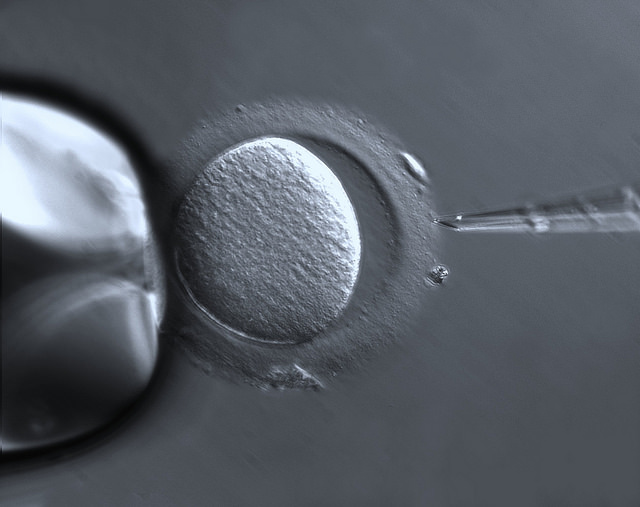IVF at 40: revisiting the revolution in assisted reproduction
By Heidi Ledford,
Nature
| 07. 23. 2018
By 2100, in vitro fertilization (IVF) might account for 3.5% of the global population — some 400 million people. It has already produced an estimated 6 million babies. Little wonder, then, that we tend to forget how remarkable IVF is, or how controversial it was 40 years ago, when researchers used the technique to conceive Louise Brown, the world’s first ‘test-tube’ baby.
London’s Science Museum celebrates Brown’s 40th birthday with an exhibition on the history and science of the procedure. Visitors to IVF: 6 Million Babies Later travel from the frustrating early days of research, when failure seemed unrelenting and funding unavailable, to today’s drive to improve global access to the technique.
The British researchers who blazed the trail in the 1960s loom large here. Among them were embryologist Robert Edwards (the first person to artificially fertilize human eggs in the laboratory), technician Jean Purdy and gynaecologist Patrick Steptoe. Purdy’s inclusion is key: not only did she nurture the embryo that would become Brown, but she was also the first to describe the early human blastocyst’s formation. Yet...
Related Articles
By Diaa Hadid and Shweta Desai, NPR | 01.29.2026
MUMBRA, India — The afternoon sun shines on the woman in a commuter-town café, highlighting her almond-shaped eyes and pale skin, a look often sought after by couples who need an egg to have a baby.
"I have good eggs,"...
By George Janes, BioNews | 01.12.2026
A heart attack patient has become the first person to be treated in a clinical trial of an experimental gene therapy, which aims to strengthen blood vessels after coronary bypass surgery.
Coronary artery bypass surgery is performed to treat...
By Staff, ScienceDaily | 01.05.2026
Scientists at UNSW Sydney have developed a new form of CRISPR technology that could make gene therapy safer while also resolving a decades-long debate about how genes are switched off. The research shows that small chemical markers attached to DNA
...
Following a long-standing CGS tradition, we present a selection of our favorite Biopolitical Times posts of the past year.
In 2025, we published up to four posts every month, written by 12 authors (staff, consultants and allies), some in collaboration and one simply credited to CGS.
These titles are presented in chronological order, except for three In Memoriam notices, which follow. Many more posts that are worth your time can be found in the archive. Scroll down and “VIEW...




